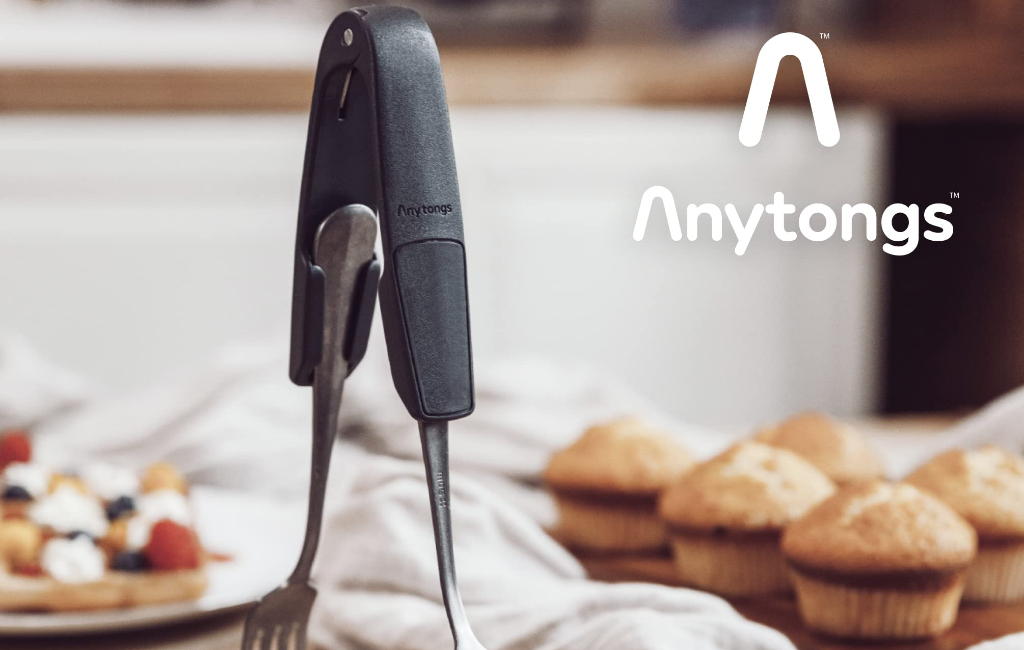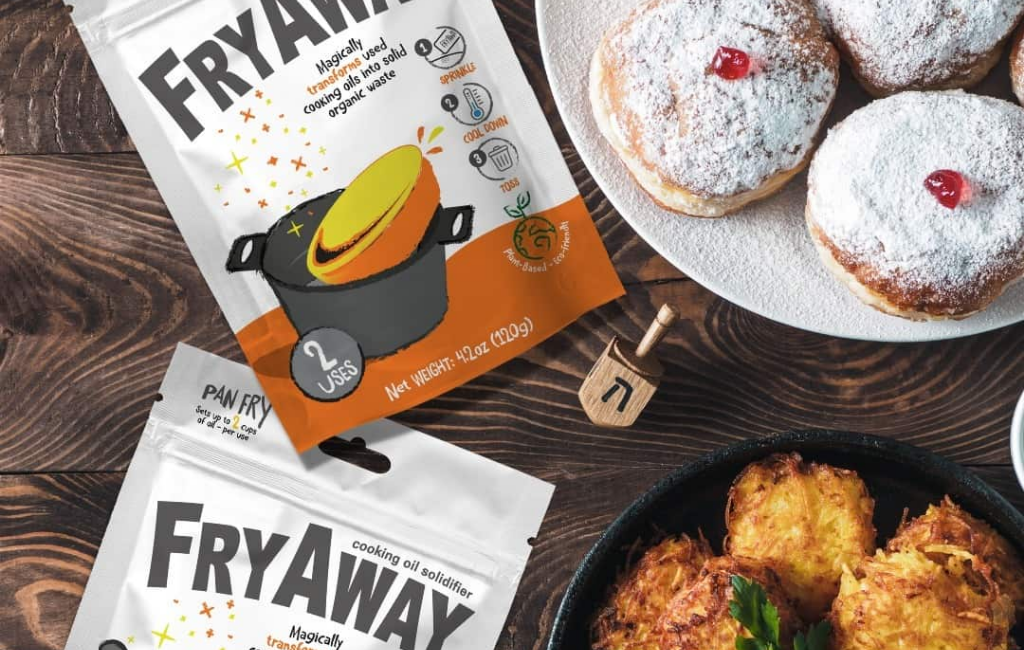Copy Keyboard – USB Keypad
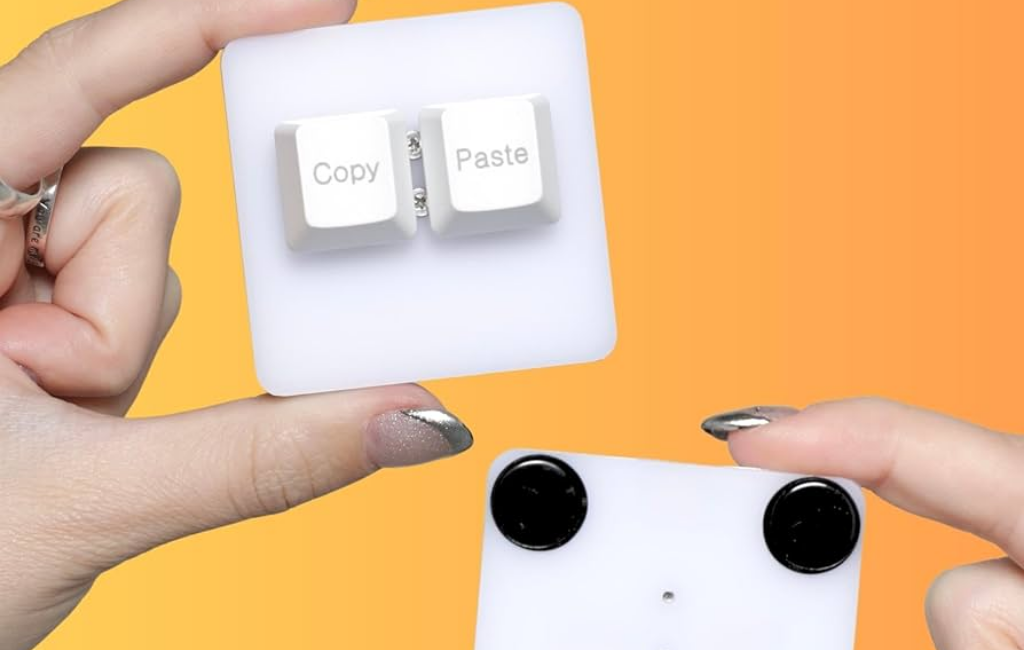
NO DEAL
EPISODE SUMMARY
🕓 Air Date: January 27, 2023
Asking For:
$40,000 for 25%
Investor:
No Deal
Deal:
No Deal
PRODUCT SUMMARY
Copy Keyboard is the world’s first copy and paste keyboard designed to reduce hand fatigue caused by repetitive copying and pasting on a computer.
WATCH HERE
IN A RUSH?
Click these to jump to the section you want to read.
Background Story
Scotty, the founder of Copy Keyboard, is from Fresno, California. He used to work as an e-commerce manager, where he had to copy and paste data into spreadsheets frequently, leading to hand cramps. Unable to find a suitable solution in the market, he decided to create the Copy Keyboard, a specialized keyboard that simplifies the copy-paste process for users. The product quickly gained popularity, with over 20 million views on social media.
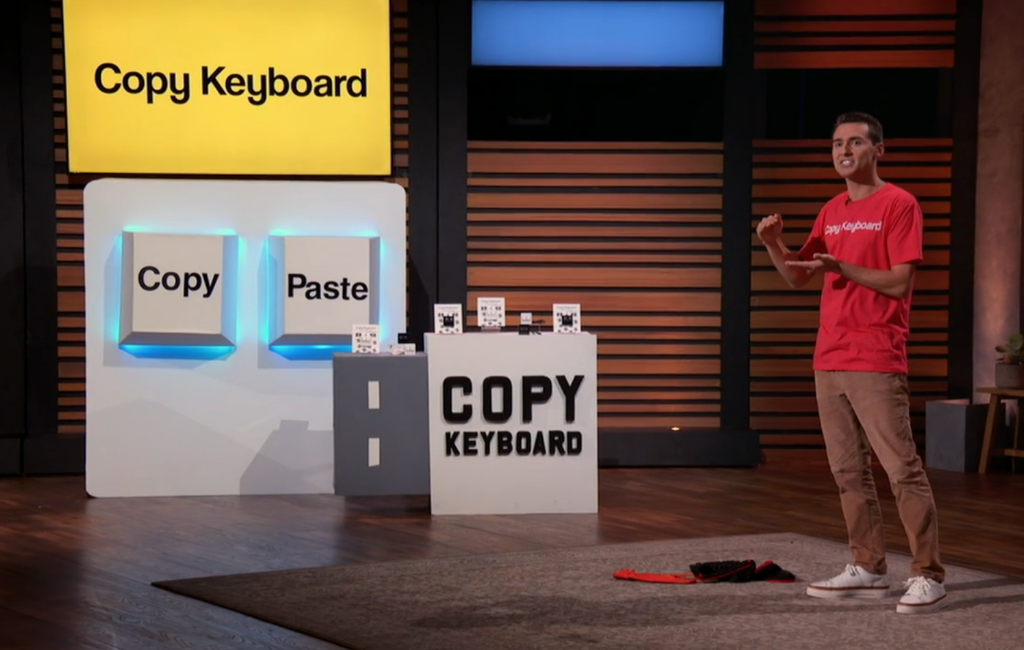
The Product
The Copy Keyboard is a USB plug-and-play keyboard that eliminates the need for traditional copy-and-paste shortcuts (Ctrl C and Ctrl V). Users can simply plug it in and start copying and pasting with ease.
It is particularly useful for professionals working with documents and spreadsheets, such as accountants and those in the financial industry. The product comes in two versions: the standard USB version priced at $19.99 and an LED version for $24.99.
The company had achieved sales of $42,209 within less than a year of launching, and they were looking to scale their production and lower product costs from the current $9.14 to $6.50 with a 2,000-unit order.
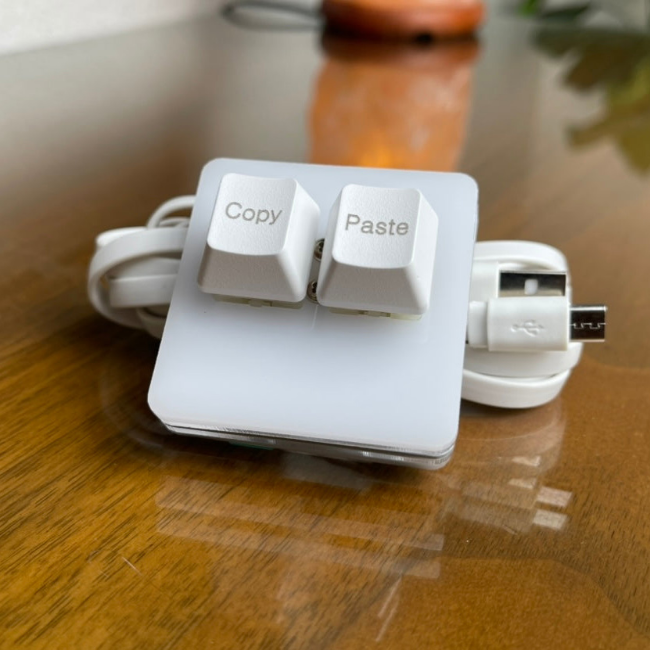
How It Went
The company’s position before Shark Tank
Copy Keyboard had a successful launch, with a surge in orders during the holiday season. Scotty, the founder, had to handle all orders and shipping from his kitchen due to the unexpected demand. The company’s sales were impressive for its short time in operation, and they were actively seeking investment to scale production and reduce costs. The product had gained attention as a top tech gift in 2021, but the company had challenges with managing inventory and supply.
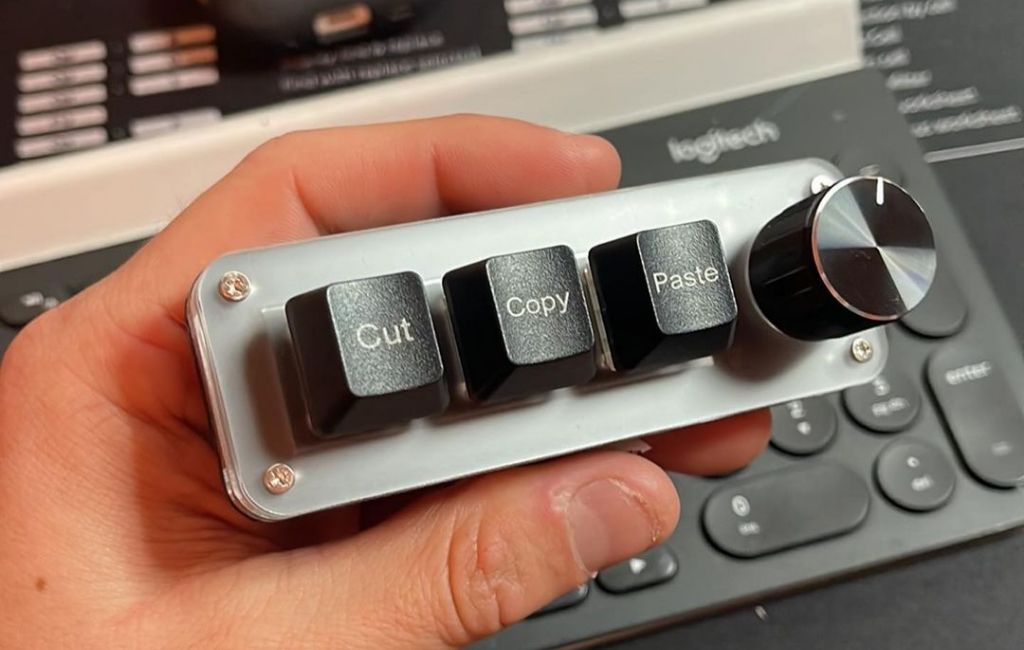
The Negotiations:
Scotty pitched his product to the Sharks seeking $40,000 for a 25% equity stake in his company. Despite the enthusiasm and charisma of the founder, the Sharks expressed concerns about the product’s market potential and its vulnerability to competition.
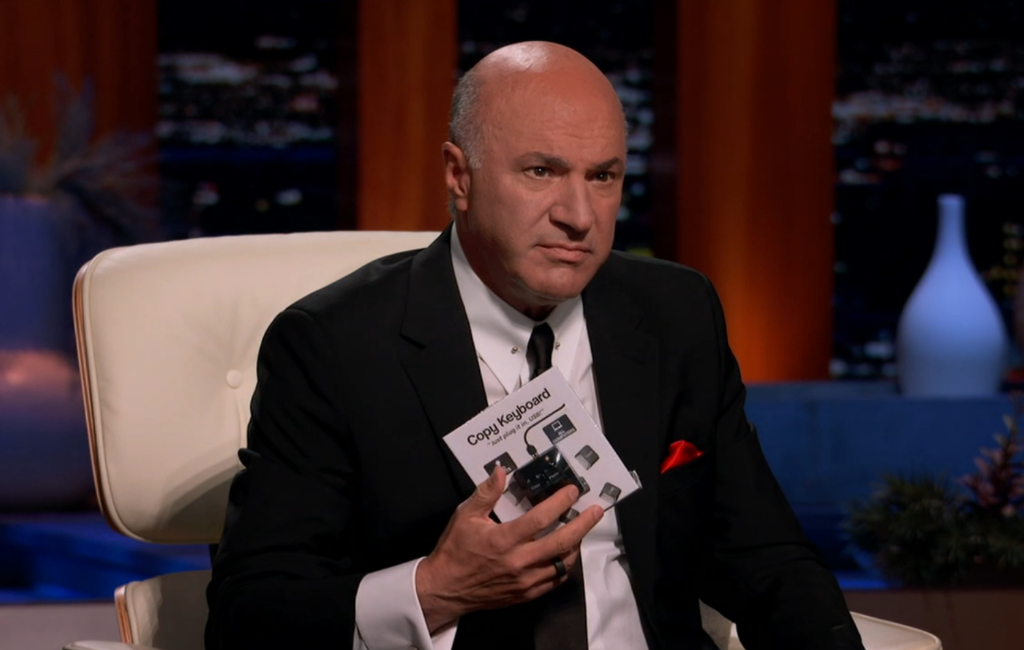
All Sharks ultimately decided not to invest in Copy Keyboard, citing various reasons such as not being a techie person, inability to relate to the product, and doubts about the technology’s complexity. Scotty left the Tank without a deal but remained determined to pursue his entrepreneurial dream.




